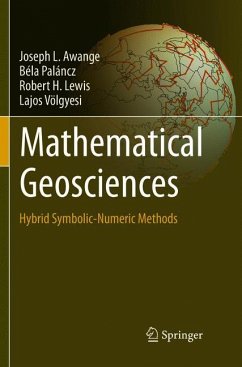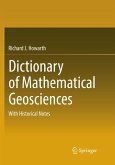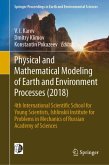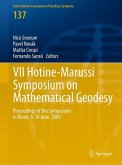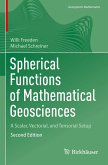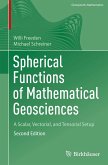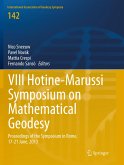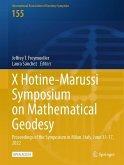This book showcases powerful new hybrid methods that combine numerical and symbolic algorithms. Hybrid algorithm research is currently one of the most promising directions in the context of geosciences mathematics and computer mathematics in general.
One important topic addressed here with a broad range of applications is the solution of multivariate polynomial systems by means of resultants and Groebner bases. But that's barely the beginning, as the authors proceed to discuss genetic algorithms, integer programming, symbolic regression, parallel computing, and many other topics.
The book is strictly goal-oriented, focusing on the solution of fundamental problems in the geosciences, such as positioning and point cloud problems. As such, at no point does it discuss purely theoretical mathematics.
"The book delivers hybrid symbolic-numeric solutions, which are a large and growing area at the boundary of mathematics and computer science." Dr. Daniel Li
chtbau
One important topic addressed here with a broad range of applications is the solution of multivariate polynomial systems by means of resultants and Groebner bases. But that's barely the beginning, as the authors proceed to discuss genetic algorithms, integer programming, symbolic regression, parallel computing, and many other topics.
The book is strictly goal-oriented, focusing on the solution of fundamental problems in the geosciences, such as positioning and point cloud problems. As such, at no point does it discuss purely theoretical mathematics.
"The book delivers hybrid symbolic-numeric solutions, which are a large and growing area at the boundary of mathematics and computer science." Dr. Daniel Li
chtbau
"The focus of this book is clearly on applications of contemporary mathematical concepts and algorithms using HSNC. ... This book is also suitable for undergraduate-level classes with some background in linear algebra, in particular for courses emphasizing computation with high-level CAS software." (Eric L. Geist, Pure and Applied Geophysics, Vol. 177, 2020)
"This book deals with versatile aspects of numerical and symbolic computing solutions to systems of polynomial equations, optimization of systems, and data processing and modeling with applications in the domain of geoscience ... . The text is written in a clear and didactic way which makes the book a valuable literature for a broad spectrum of readers from graduate students, professionals in computer programing techniques, to those solving concrete practical problems in geoscience and other fields." (Vladimir Cadez, zbMATH 1394.86001, 2018)
"This book deals with versatile aspects of numerical and symbolic computing solutions to systems of polynomial equations, optimization of systems, and data processing and modeling with applications in the domain of geoscience ... . The text is written in a clear and didactic way which makes the book a valuable literature for a broad spectrum of readers from graduate students, professionals in computer programing techniques, to those solving concrete practical problems in geoscience and other fields." (Vladimir Cadez, zbMATH 1394.86001, 2018)

